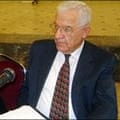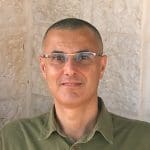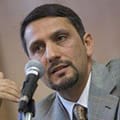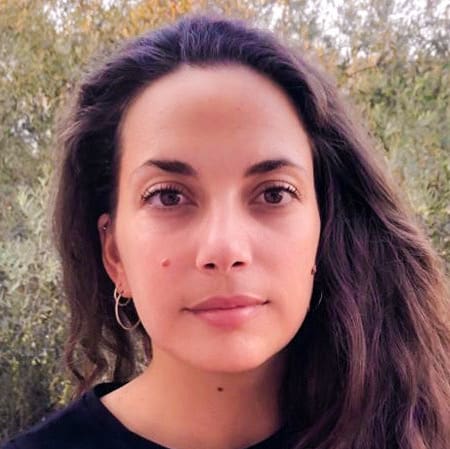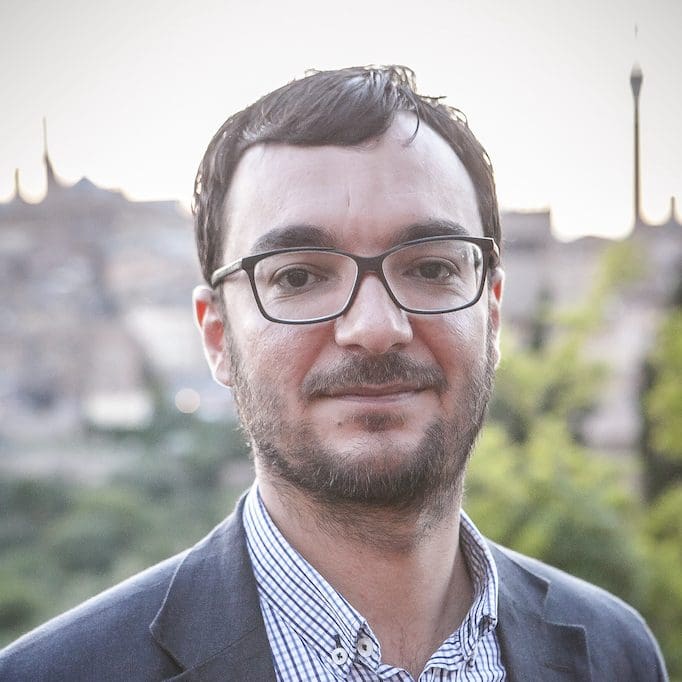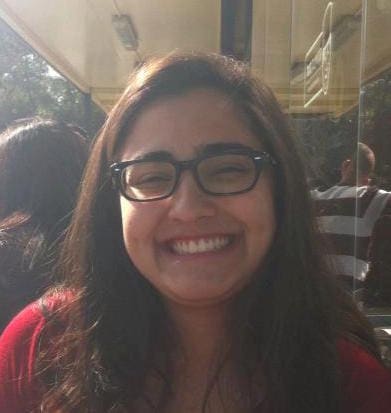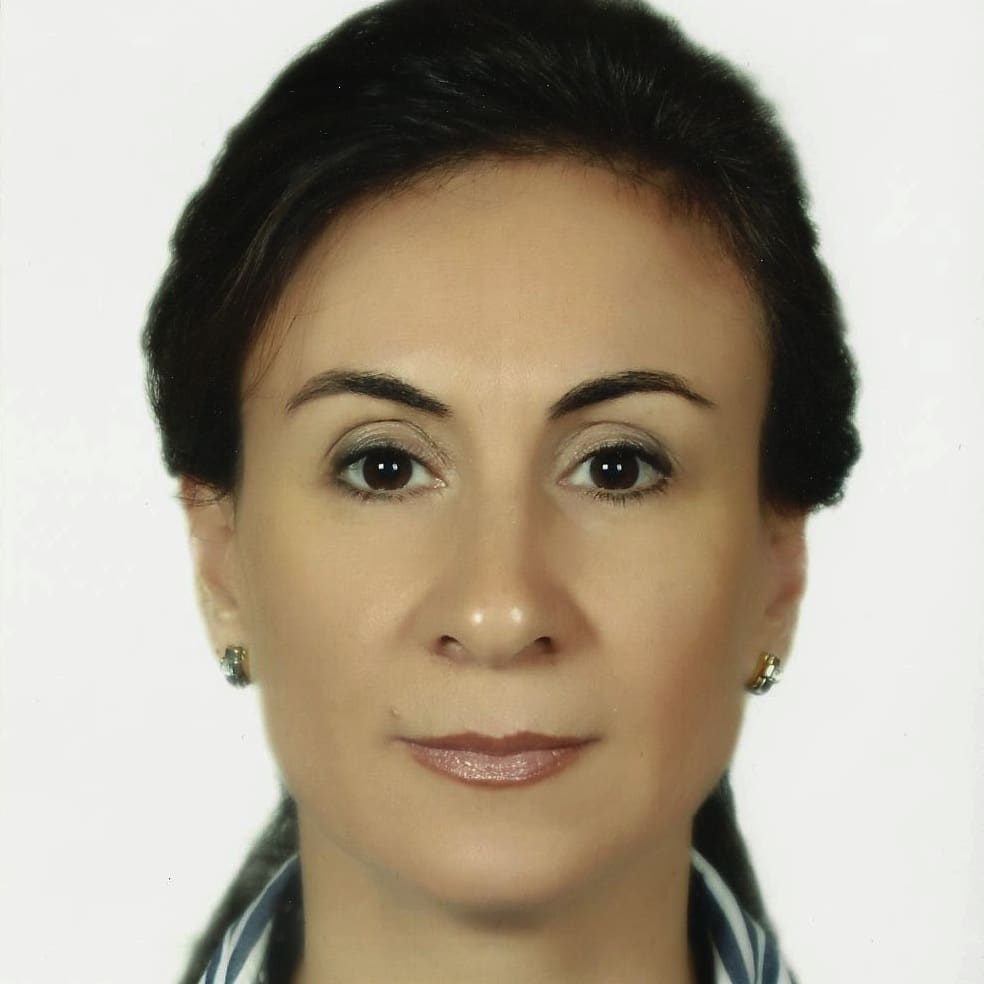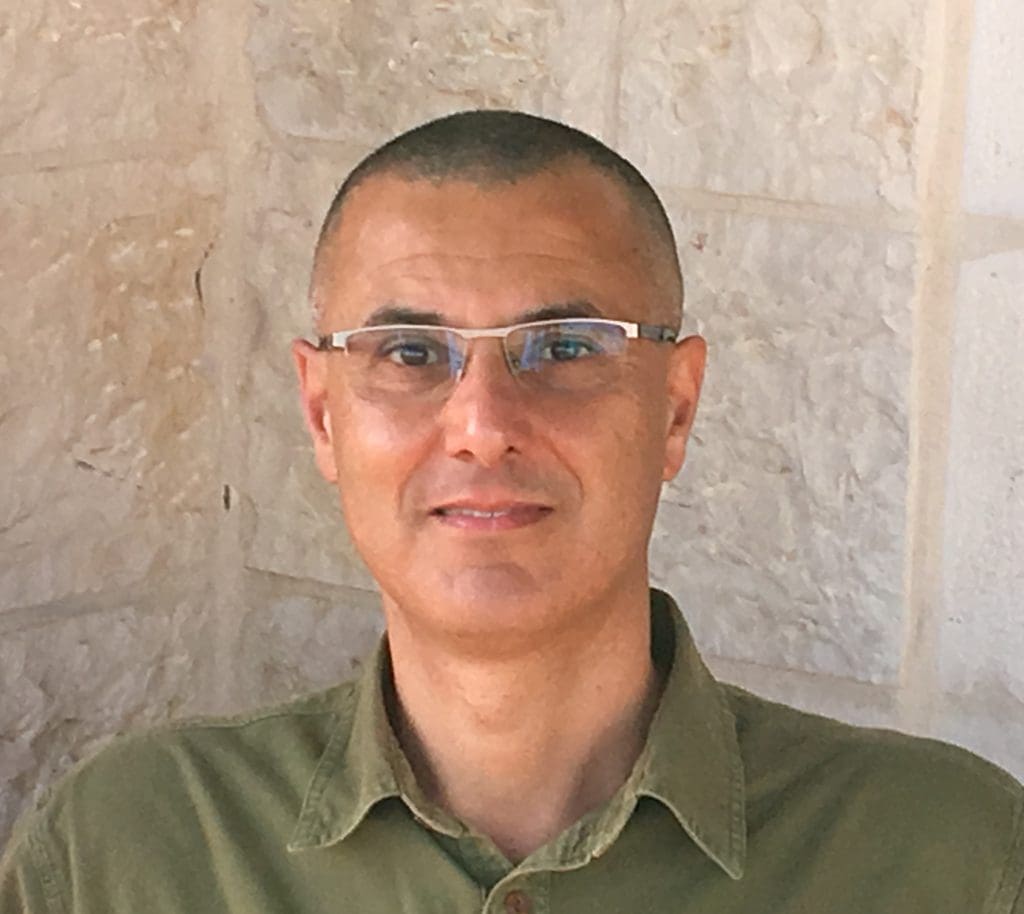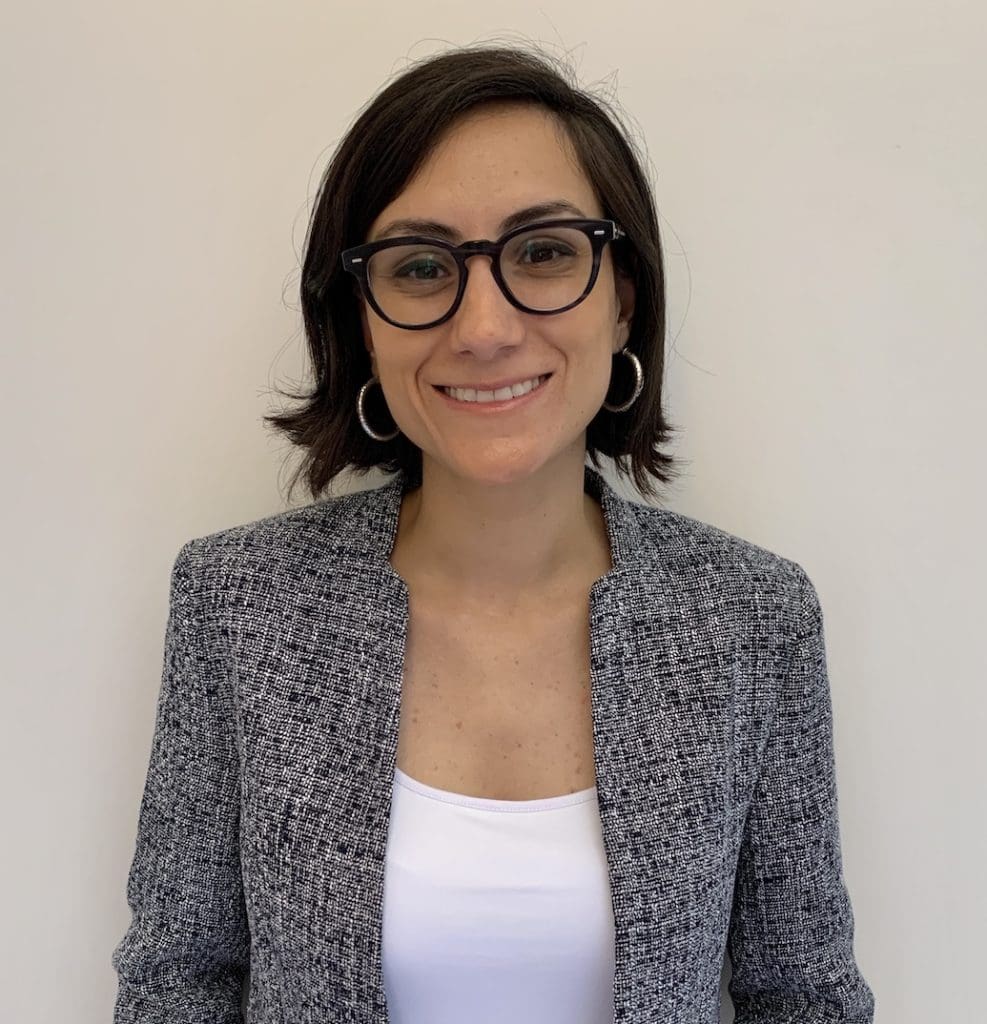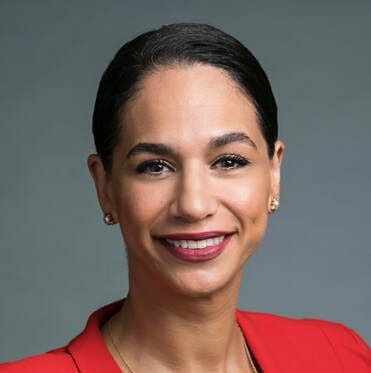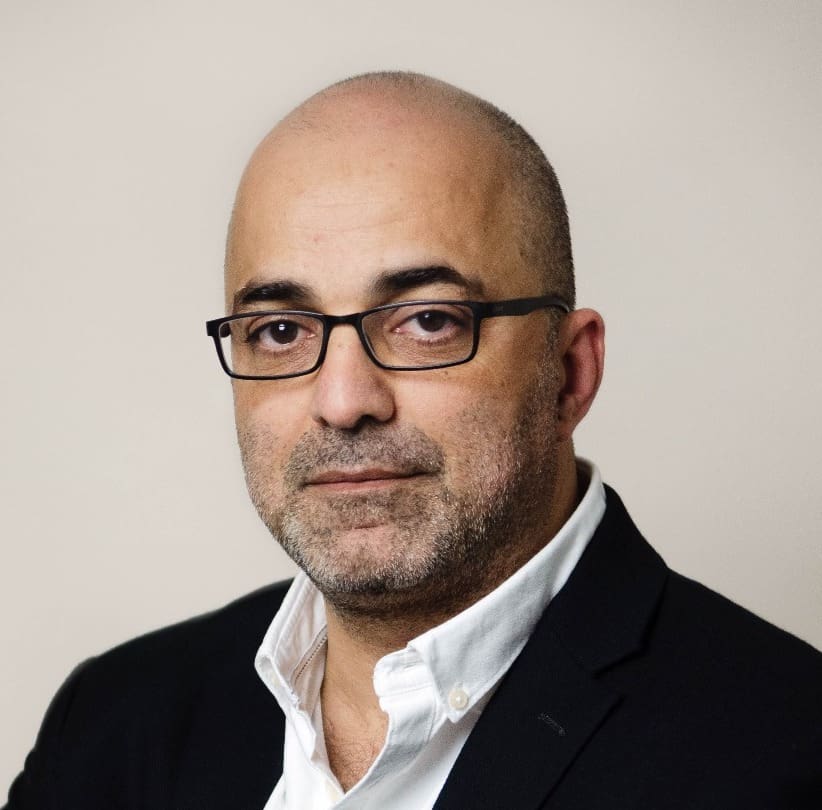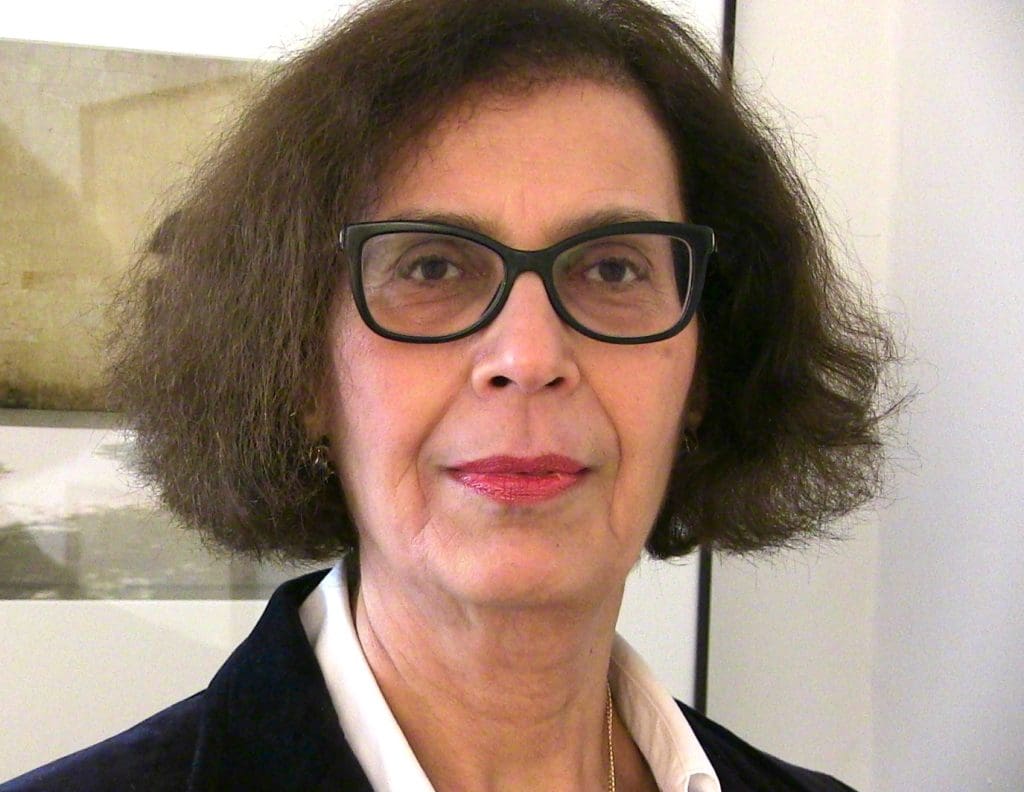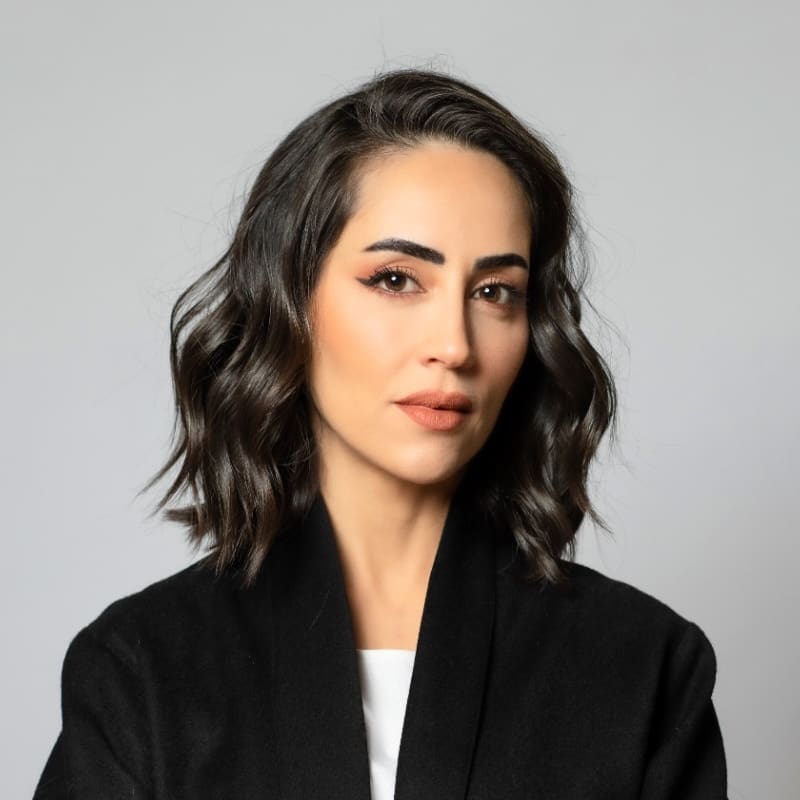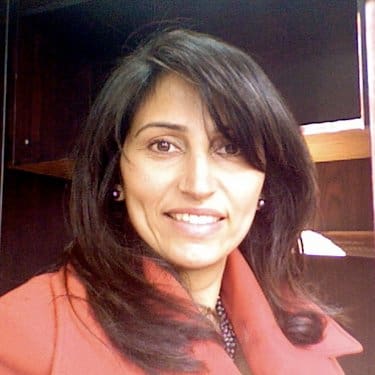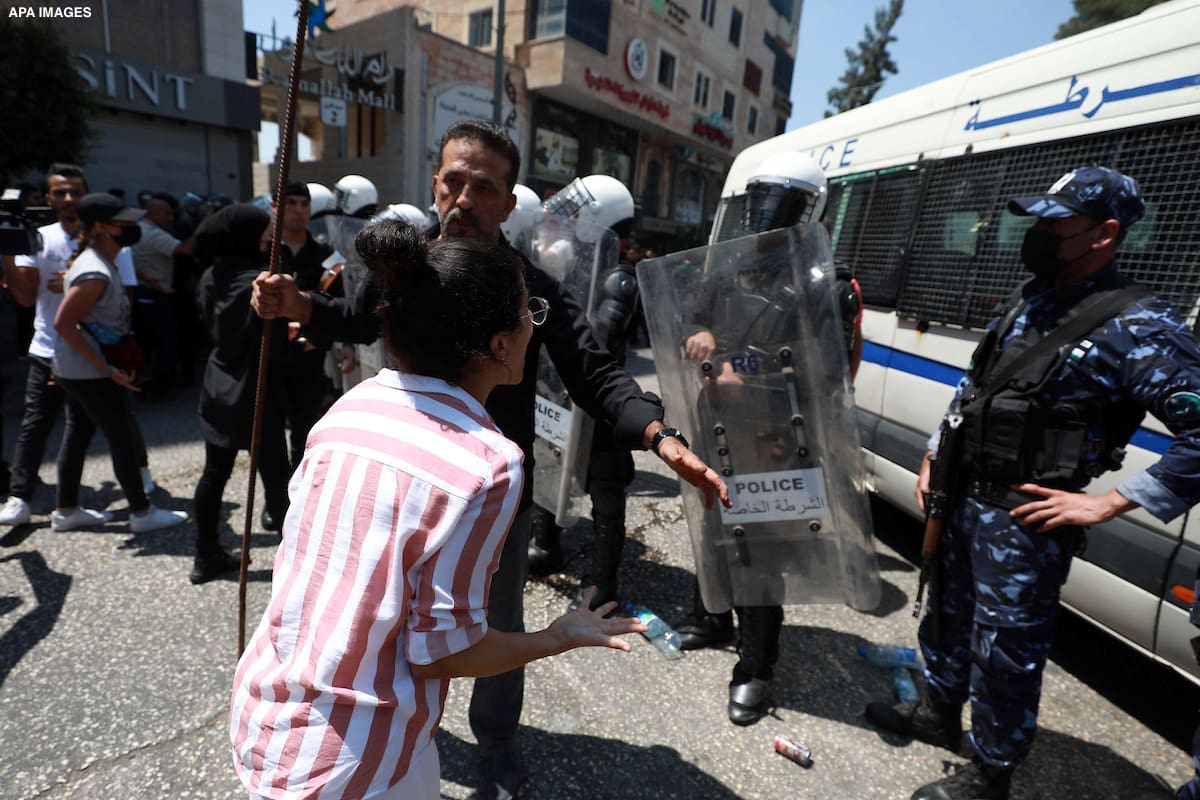
Punctuated by the outbreak of the Unity Intifada in May 2021, the trajectory of Palestinian resistance is experiencing a watershed phase marked by new actors and themes. With the effective neutralization of the Palestinian Liberation Organization (PLO) since the 1993 Oslo Accords, the deepening geopolitical fragmentation of Palestinians across colonized Palestine and the world, and the global shift to cyberspace, new opportunities — and threats — to Palestinian resistance have emerged.1
While Palestinians and their allies across the world resist the ongoing injustices committed by the Israeli regime, the Palestinian Authority (PA) has grown more authoritarian, corrupt, and hostile than ever before. Non-violent resistance in Palestine — led by a new generation of Palestinian youth — has been met by tremendous suppression by Israeli occupation and Palestinian security forces alike. Meanwhile, Israel continues to circumscribe anti-Zionist activism across the world.
In this selection of pieces, Al-Shabaka policy analysts outline the trajectory of contemporary Palestinian resistance with an eye to the emerging trends, actors, and tactics that will be crucial to harness in the years to come. In particular, they focus on the challenges that will be faced from various fronts, including efforts to censure the BDS movement and its supporters in the West, online censorship of grassroots actors by media corporations, and crackdowns by Israeli and Palestinian security forces on the ground.
Landscape of Contemporary Resistance
Debating Forms of Resistance
Sam Bahour, Rana Barakat, Mary Nazzal-Batayneh, Oroub el-Abed, Nadia Hijab, Victor Kashkoush, Anis Kassim, Osamah Khalil, Mouin Rabbani
This 2011 roundtable examines the effectiveness of different forms of resistance in achieving Palestinian self-determination. In a series of meetings, Al-Shabaka policy analysts discuss new forms of civil struggle, the role of boycotts, the use of legal strategies, the problems of armed resistance, the failure of negotiations as a strategy, and the implications of plans to declare a Palestinian state. Read more…
What’s Stopping the 3rd Intifada?
Jamil Hilal
In this 2014 commentary, Jamil Hilal argues that the outbreak of a third intifada is contingent on the interaction of the dehumanizing conditions of life under occupation, changes within Palestinian society in the West Bank and Gaza, and the Palestinian political movement more broadly. How are these factors observable in the escalation leading up to the events of May 2021? Read more…
US Palestine Solidarity: Reviving Original Patterns of Political Engagement
Loubna Qutami
Loubna Qutami’s 2018 policy brief reviews the evolution of the Palestine solidarity movement in the US, examining how the investments, interests, and strategies of Palestinians themselves are — or are not — being cultivated. Qutami assesses how the engagement of Palestinians in the US with other struggles can be more meaningfully and durably strengthened in pursuit of freedom, self-determination, and justice. Read more…
Back to the Future: The Great March of Return
Haidar Eid
Haidar Eid’s 2018 commentary examines how the Great March of Return undercut the dominance of Palestinian political leadership, especially after the PA sanctions on Gaza in 2017. Despite the austerity of life in an increasingly uninhabitable Gaza, a new grassroots movement emerged, defined by self-reliance, and inspired by the First Intifada and the struggle against apartheid in South Africa. Read more…
Defying Fragmentation & the Significance of Unity: A New Palestinian Uprising
Yara Hawari
In her commentary, Al-Shabaka’s senior analyst, Yara Hawari, contextualizes the 2021 Unity Intifada within the trajectory of Palestinian resistance, arguing that the uprising is an articulation of a shared Palestinian struggle that defies their forced fragmentation. She shows how Palestinians are increasingly employing creative forms of resistance, including the disruption of Israel’s economy and the engagement of international audiences through social media platforms. Read more…
Israeli Attacks on Anti-Zionist Activists
Palestinian Citizens in Israel: A Fast-Shrinking Civic Space
Nadim Nashif and Raya Naamneh
Israel portrays itself as a Jewish and democratic state, yet in practice it functions as a Jewish ethnocracy. As the Israeli state came under the complete control of the far-right wing, the last remaining civil freedoms for its Palestinian citizens have been even further curtailed. This 2016 commentary by Nadim Nashif and Raya Naamneh traces the wave of discriminatory legislation and the use of the emergency powers that have targeted established Palestinian NGOs and movements, limiting the ways Palestinians can legally resist apartheid. Read more…
BDS: Discussing Difficult Issues in a Fast-Growing Movement
Omar Barghouti and Nadia Hijab
In June 2016, Al-Shabaka co-founder, Nadia Hijab, sat with Omar Barghouti, founder of the BDS movement, to discuss the movement’s objectives and prospects within the landscape of Palestinian advocacy, and in the wake of Israel’s attacks on the movement and its activists. Barghouti emphasizes that BDS alone cannot deliver Palestinian rights; it must be tied to other strategies, including local popular resistance, and legal strategies to hold Israel and its leaders accountable for their crimes. Read more…
Digital Censorship in the Palestinian Context
Nadim Nashif, Marwa Fatafta, and Nur Arafeh
Al-Shabaka’s former policy lab facilitator, Nur Arafeh, was joined in November 2019 by Nadim Nashif and Marwa Fatafta — authors of Surveillance of Palestinians & the Fight for Digital Rights — for a discussion about how the Israeli state uses social media to monitor individual Palestinians, to gather information on the Palestinian public, and to censor the publicization of Israeli human rights violations. Read more…
The EU’s Additional Condition on Aid to Palestine
Tariq Dana
In this 2020 commentary, Tariq Dana argues that the additional condition introduced to EU funding contracts — which stipulate that civil society organizations are not permitted to deal with “terrorist” individuals or groups — is the result of constant Israeli pressure on the EU to refrain from funding Palestinian organizations engaged in reporting on Israeli settler-colonial practices and human rights violations. Read more…
Israel’s Losing Battle: Palestine Advocacy in the University
Hatem Bazian
Hatem Bazian’s 2020 commentary historicizes the emergence of Palestinian advocacy on US college campuses from the broader Palestine solidarity movement, as well as the responses of Israel and its supporters to this shift. He argues that, despite attacks against Palestine advocacy groups, college campuses continue to provide an environment that fosters critical research and thinking on Palestine, which, in turn, furthers the struggle for Palestinian rights and self-determination. Read more…
Persecution & Suppression on the Ground
Threats to Human Rights Defenders: How Far Will Israel Go?
Noura Erakat, Ingrid Jaradat Gassner, Diana Buttu, Nur Arafeh
In this 2016 roundtable, Noura Erakat provides an overview of the extrajudicial assassination of hundreds of Palestinians over the years, particularly in the West Bank, on account of a rise in armed Palestinian resistance. Diana Buttu gives further evidence of these increasingly frequent Israeli attacks, and Ingrid Jaradat describes specific attacks on BDS activists and human rights defenders, with the complicity of Western governments. Read more…
The Palestinian Authority Security Forces: Whose Security?
Alaa Tartir
Alaa Tartir discusses how the PA security establishment has failed to protect Palestinians from the main source of their insecurity: the Israeli military occupation. In this 2017 policy brief, Tartir argues that the PA has failed to empower Palestinians to resist the occupation. Instead, by characterizing it as “insurgency” or “instability,” the PA has contributed to criminalizing the Palestinian struggle for freedom, echoing the discourse of the so-called War on Terror. Read more…
The Systematic Torture of Palestinians in Israeli Detention
Yara Hawari
As Israeli judicial bodies authorize the Israeli Secret Service to use “exceptional methods” to extract information from Palestinians, Al-Shabaka’s senior analyst, Yara Hawari, traces the history of the use of torture in Israeli detention. In this 2019 policy brief, she demonstrates how the practice of torture, embedded in the Israeli prison system, is systematic and legitimized through Israeli law — despite the condemnation of international human rights organizations. Read more…
Collective Punishment: Israel’s Strategy to Subdue Palestinian Resistance
Issam Younis, Nada Awad, and Nur Arafeh
In this August 2020 policy lab, Al-Shabaka’s former policy lab facilitator, Nur Arafeh, is joined by analysts Issam Younis and Nada Awad to discuss the toll of Israeli collective punishment tactics on Palestinian society. They examine how tactics such as house demolitions, the siege of Gaza, and the ransom of Palestinian bodies, are used to subjugate and suppress Palestinian resistance. They show how they fit into Israel’s broader apartheid regime. Read more…
Destroying Palestinian Jerusalem, One Institution at a Time
Yara Hawari
The Israeli state has been attacking Palestinian cultural presence in East Jerusalem since it occupied it in 1967, culminating in the sacking of three cultural institutions and the arrest of their directors in July 2020. Written in the wake of the event, this policy brief by Al-Shabaka’s senior analyst, Yara Hawari, situates these assaults on Jerusalem’s Palestinian institutions within the broader context of Israeli suppression of Palestinian civil society, and the project of erasing Palestinian cultural presence in the city. Read more…
- To read this piece in French, please click here. Al-Shabaka is grateful for the efforts by human rights advocates to translate its pieces, but is not responsible for any change in meaning.












